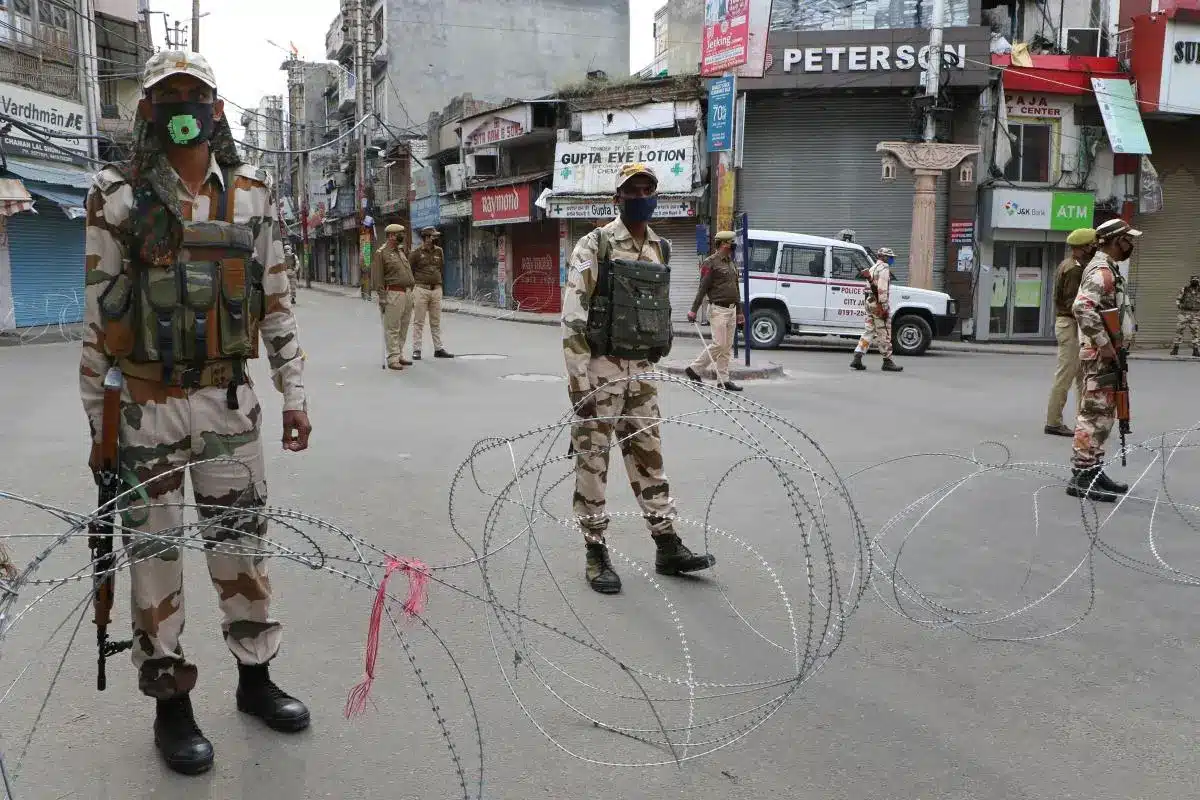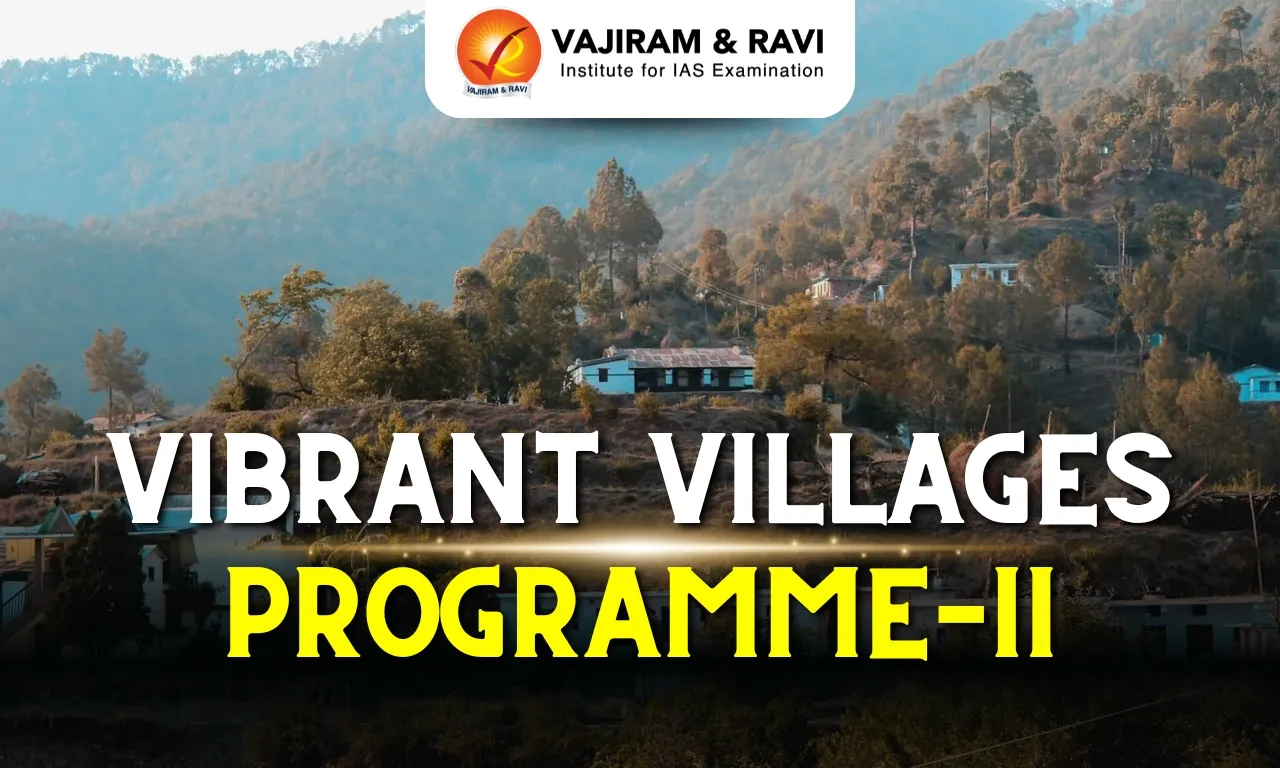About Section 144 of CrPC
- It authorises the Executive Magistrate of any state or territory to issue an order to prohibit the assemblyof four or more people in an area.
- According to the law, every memberof such an ‘unlawful assembly’can be booked for engaging in rioting.
- Section 144 is imposed in urgent cases of nuisance or apprehended danger of some event that has the potential to cause trouble or damage to human life or property.
- It generally prohibits public gatherings.
- It has been used in the past to impose restrictions as a means to prevent protests that can lead to unrest or riots.
- The executive magistrate of the given jurisdiction has been conferred the power to issue orders under Section 144 when there is an impending emergency situation.
- Section 144 also restricts carrying any sort of weapon in the area where it has been imposed and people can be detained for violating it.
- The maximum punishment for such an act is three years.
- According to the order under this section, there shall be no movement of public, and all educational institutions shall also remain closed, and there will be a complete baron holding any kind of public meetings or rallies during the period of operation of this order.
- Moreover, obstructing law enforcement agencies from dispersing an unlawful assembly is a punishable offence.
- Section 144 also empowers the authorities to block internet access.
- It prohibits the conduct of some events that are otherwise allowed during regular times.
- Duration of Section 144 Order:
- No order under Section 144 shall remain in force for more than two months, but the state government can extend the validity for two months and a maximum up to six months.
- It can be withdrawn at any point of time if the situation becomes normal.
Q1: What is the Code of Criminal Procedure (CrPC)?
Enacted in 1973 (came into force on 1 April 1974), CrPC is the main legislation on procedure for administration of substantive criminal law in India.It provides a procedure for the investigation of crime, the collection of evidence, and the determination of guilt or innocence. The CrPC also covers the arrest and detention of suspects, the conduct of trials, and the sentencing of convicted individuals.
Last updated on February, 2026
→ UPSC Notification 2026 is now out on the official website at upsconline.nic.in.
→ UPSC IFoS Notification 2026 is now out on the official website at upsconline.nic.in.
→ UPSC Calendar 2026 has been released.
→ UPSC Final Result 2025 is expected to be released in the second week of April 2026.
→ Check out the latest UPSC Syllabus 2026 here.
→ Join Vajiram & Ravi’s Interview Guidance Programme for expert help to crack your final UPSC stage.
→ UPSC Mains Result 2025 is now out.
→ UPSC Prelims 2026 will be conducted on 24th May, 2026 & UPSC Mains 2026 will be conducted on 21st August 2026.
→ The UPSC Selection Process is of 3 stages-Prelims, Mains and Interview.
→ Prepare effectively with Vajiram & Ravi’s UPSC Prelims Test Series 2026 featuring full-length mock tests, detailed solutions, and performance analysis.
→ Enroll in Vajiram & Ravi’s UPSC Mains Test Series 2026 for structured answer writing practice, expert evaluation, and exam-oriented feedback.
→ Join Vajiram & Ravi’s Best UPSC Mentorship Program for personalized guidance, strategy planning, and one-to-one support from experienced mentors.
→ Check UPSC Marksheet 2024 Here.
→ UPSC Toppers List 2024 is released now. Shakti Dubey is UPSC AIR 1 2024 Topper.
→ Also check Best UPSC Coaching in India




















